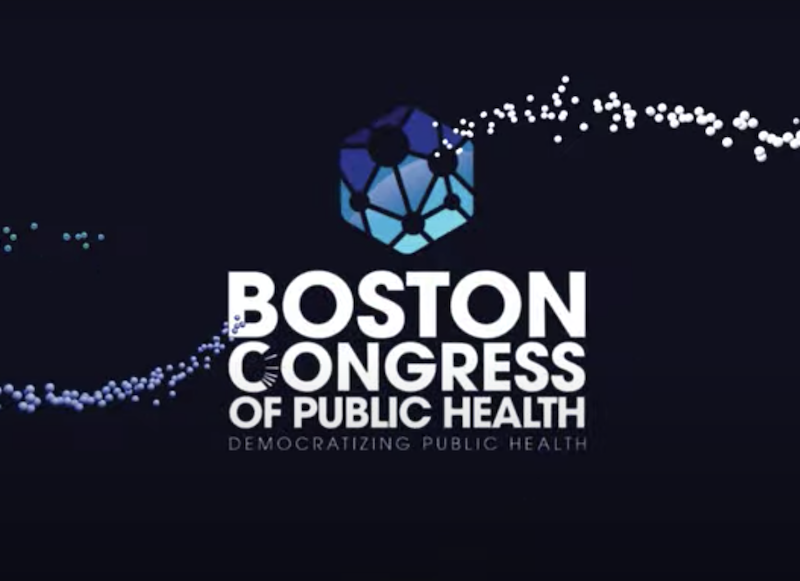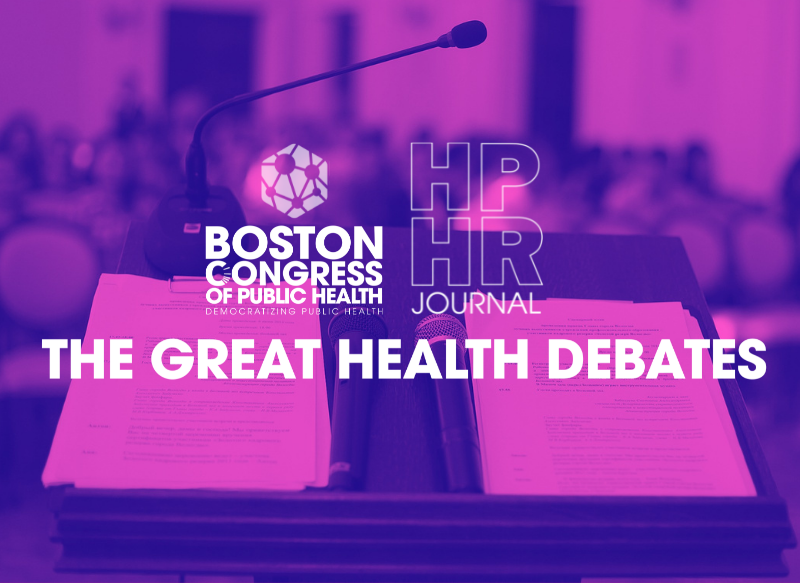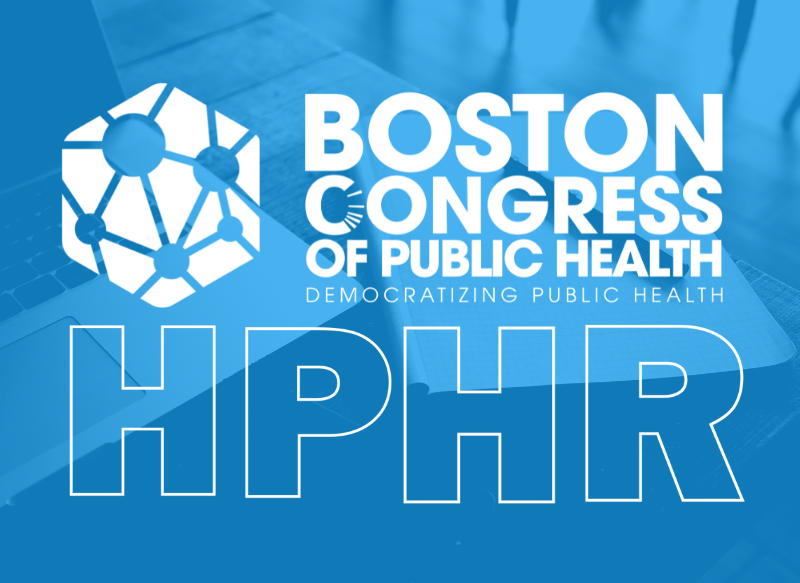
Did You Know: At peak operations, the East African crude oil pipeline (EACOP) is projected to generate greenhouse gas emissions of more than twice Uganda and Tanzania’s total emissions in 2020.
Welcome to my Public Health Thought Leadership Series, where I discuss the theme, “The Climate Crisis Is a Health Crisis”, with experts across diverse public health fields.
In a now-viral video in October 2022, two young female climate activists from the British environmental activist group Just Stop Oil (henceforth JSO) staged a protest at London’s National Gallery. The activists approached Van Gogh’s renowned masterpiece, Sunflowers, and emptied two tins of tomato soup on the artwork’s surface. The voices of shocked bystanders could be heard in the background.
In a brazen act of defiance, the protesters proceeded to glue their hands to the wall beneath the sullied painting. One of them then began to speak:
“What is worth more: art or life?
Is it worth more than food?
Worth more than justice?
Are you more concerned about the protection of a painting?
Or the protection of our planet and people.”
This was just one of JSO’s many protests across Britain that have seen them target cultural institutions and oil facilities.
Expectedly, Just Stop Oil has received backlash from the public, including people who support their main goal: to phase out fossil fuels.
However, the group has no plans to change their tactics, which has earned them much media attention, something the members consider crucial to achieving their goals.
Founded in February 2022, JSO employs civil resistance, direct action, and disruptive tactics to compel the British government to take a decisive stance against new fossil fuel licensing and production.
Some of the group’s members had previously participated in less-direct forms of activism, like climate walks and writing to local lawmakers, but unfortunately, these efforts were met with silence. This time, they are banking on their notoriety to spark conversations around climate change.
Despite their success in drawing public attention, JSO faces the potential risk of alienating the people they need to support their objectives. The group is well aware of this risk, but they are buoyed by the historical effectiveness of civil disobedience in influencing public opinion and government policies.
In 2022, YouGov, a global research data and analytics company, conducted three nationally representative surveys in the United Kingdom to assess the public’s perspectives on climate change and their opinions regarding JSO. The study found that even though more than half of the respondents did not support the disruptive tactics of the group, there was no loss of support for climate policies.
The Global South, including African countries, faces greater vulnerability to climate change impacts than regions in the Global North. This results from underlying inequalities, poverty, pollution, and inadequate infrastructure.
Despite these challenges, climate policies in African countries are either non-existent or poorly implemented, lacking the necessary strength and effectiveness to address the pressing climate-related issues in the region.
JSO’s approach may be infuriating, but history has shown that civil disobedience can be a potent force in shaping better policies. A couple of the rights we enjoy today were achieved through the courage of ordinary people who dared to challenge societal injustice at the expense of their safety. The women’s suffrage in 1928 and the “sip-in” for gay rights in 1966 are notable examples of how non-violent breaches of laws have influenced change in government policies. This strategy has also proven effective in even more conservative countries, like the 2019 revolution in Sudan.
Although JSO’s focus lies within the United Kingdom, their mission transcend borders, as they actively collaborate with similar organizations in Europe, North America, and Africa. In June, the group demonstrated solidarity with the Ugandan eco-activist group, Students against EACOP, by staging a protest at TotalEnergies’ headquarters in the United Kingdom.
The group targeted the oil company due to its role in financing the East African Crude Oil Pipeline (EACOP) project proposed by the governments of Uganda and Tanzania. This extensive pipeline, spanning thousands of kilometers, is set to replace valuable land for agriculture, putting the region at risk of food insecurity.
In Uganda, protesters utilizing non-violent methods similar to JSO’s approach have faced harsher repercussions, though their actions are less intrusive. In a distressing incident in October 2022, nine Ugandan students who were peacefully protesting against the EACOP were unlawfully detained by the police and charged with “inciting violence”. Surprisingly, just a week earlier, another group of students advocating for the oil project received no pressure from the authorities.
Numerous oil-rich countries in the African region continue to view oil as a crucial pathway to development. So, opposing viewpoints are met with strong resistance.
Generally speaking, many African countries are nominally democratic, citizens’ rights are often constrained, and activities that diverge from the government’s agenda are heavily censored and sometimes punished. A popular example is Nigeria, where a prominent environmental activist and his allies received capital punishment for daring to speak against the uncontrolled activities of international oil companies in their community.
These challenges paint a complex landscape for climate activists in Africa, where creativity, resilience, and strategic adaptability become crucial elements in pursuing environmental goals.
Undoubtedly, the members of JSO display immense courage in their actions. Although they operate in the United Kingdom, where climate change concerns have gained considerable momentum, they still experience heated confrontations with the public and law enforcement agencies—up to 138 group members have served time in prison.
In Africa, eco-activists attempting to emulate JSO’s tactics would face even more severe consequences. Compounding the challenge is the absence of public support, considering that most of the population has little or no understanding of climate change. The climate change literacy rate in Africa is 37%, significantly lower than in Europe and North America, where the rates are above 80%.
Disruptive strategies that evoke strong negative reactions from the public are not the most effective approach for both the activists and for advancing the climate cause within the African context. Finding relevant and culturally sensitive ways to raise awareness and address environmental issues is of paramount importance.
In my next blog, I will discuss framing advocacy messages based on the health impact of climate change.
The mission of the Boston Congress of Public Health Thought Leadership for Public Health Fellowship (BCPH Fellowship) seeks to:
It is guided by an overall vision to provide a platform, training, and support network for the next generation of public health thought leaders and public scholars to explore and grow their voice.





